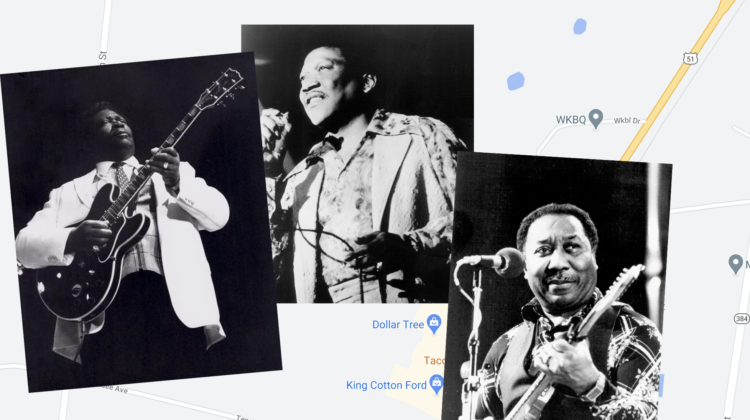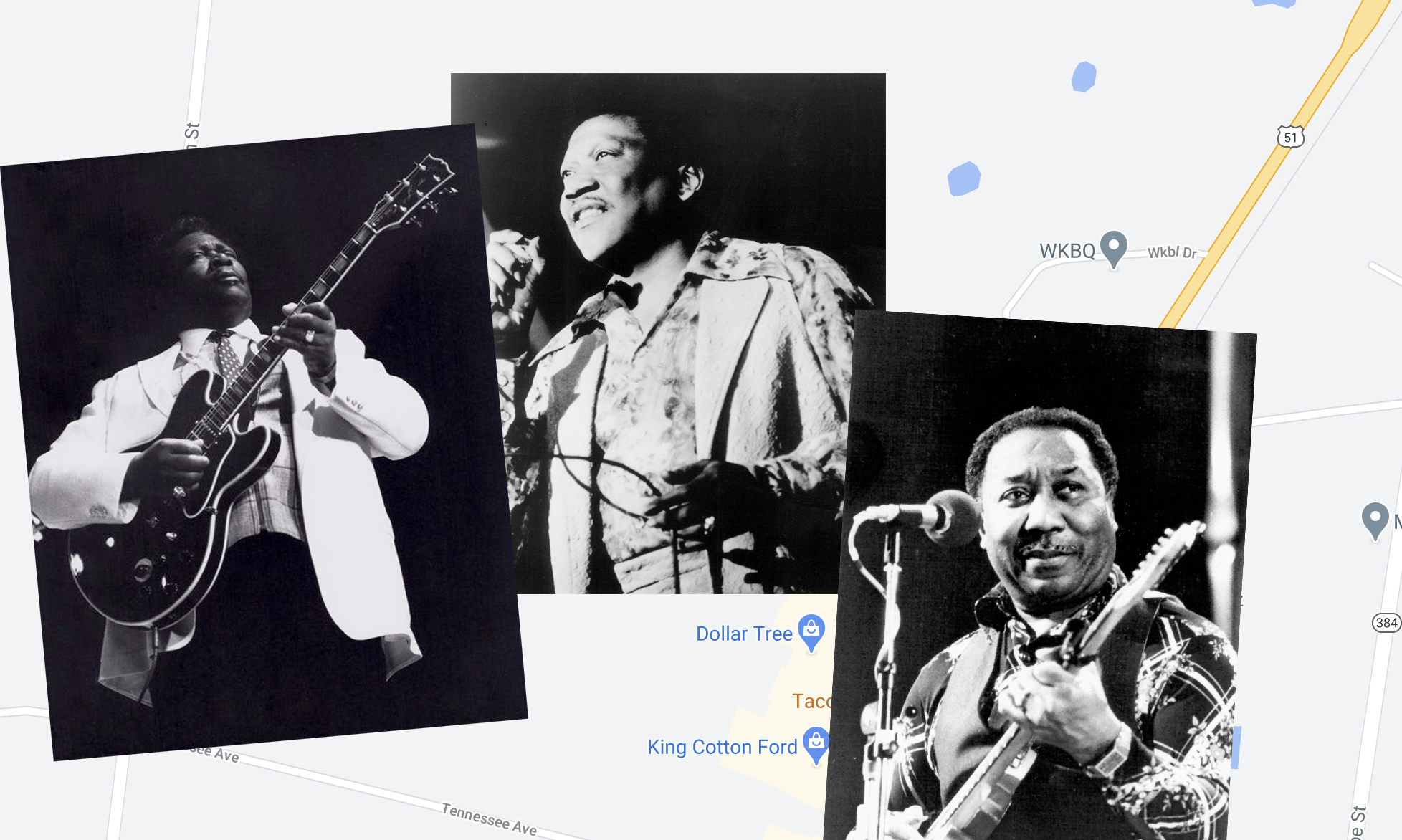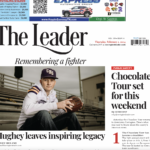

The Blue Flame is no longer standing and the memories of the time when it hosted legendary Blues musicians have begun to fade.
Located near present-day WKBL Drive in Covington, the nightclub was once the place where B.B. King, Bobby “Blue” Bland, Rufus Thomas and Little Milton played.
Their appearances in Covington in the late 1940s are corroborated in Sebastian Danchin’s biography of King, which is titled Blues Boy: The Life and Music of B. B. King, and in Charles Farley’s Soul of the Man: Bobby “Blue” Bland.
Owner Nez Eaton is said to have let B.B. King and the Beale Streeters, of which Bland was part, play at the Flame as much as King wanted.
Historian Hattye Yarbrough said teachers, at that time, were not allowed at the Blue Flame, so she’d drive her husband, Ordrell, down to collect tickets and she’d park the car close enough to hear him play.
Tipton County is known for being the birthplace of Isaac Hayes, who lived in the Rialto community as a child, but its history as the place where Blues musicians played before they became legends is not as well known.
Some of the musicians played on the Chitlin’ Circuit – a set of venues where it was safe for Black performers to host shows in the Jim Crow South – said John Edwards, so it made sense that they’d stop in Covington.
Former alderwoman Minnie Bommer remembers several performances.
“B.B. came back once or twice a year as long as Mr. Nez ran the club,” she said in 2017. “B.B. King always gave Mr. Nez credit for starting his career. B.B. always had Mr. Nez stand so he could tell his audience he was from Covington, Tennessee and that he gave him his start.”
He did this whenever and wherever Mr. Nez showed up, she said.
“B.B. made sure if Mr. Nez wanted to come to any show, he could.”
Blues musician Muddy Waters reportedly also played in Covington, according to an Oct. 27, 1969 newspaper article in the Champaign-Urbana (Ill.) News-Gazette, which reported Waters and his band were involved in a car accident after a show in Covington two days prior.
It’s not known where the group played, but the Covington show was said to be the last leg of the southern tour, according to Sandra Tooze’s Muddy Waters: The Mojo Man and Robert Gordon’s Can’t Be Satisfied – The Life and Times of Muddy Waters. It’s tales of these shows that local historians want to preserve.
“We’re starting to lose all of this history,” Edwards said. “We need to make sure we record all of this so future generations will know.”






Leave a Reply